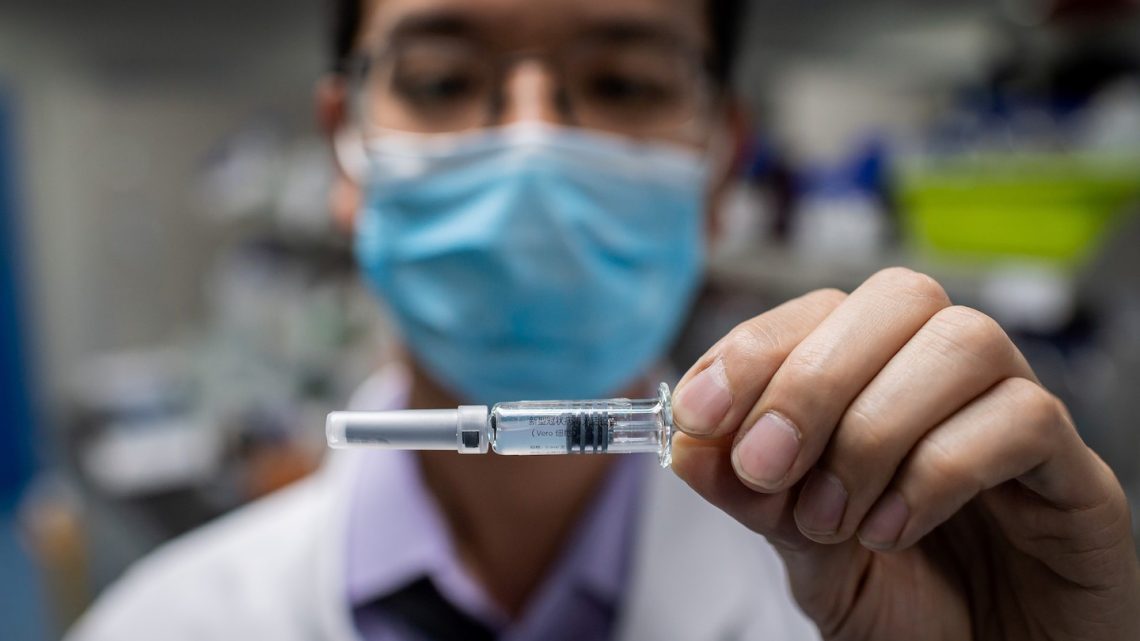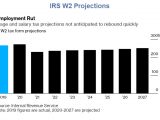
China is Performing ‘Unauthorised’ COVID Vaccine Trials on Foreign Workers in Papua New Guinea
August 21, 2020Papua New Guinea blocked the arrival of a planeload of Chinese workers into the country yesterday, following allegations that China is running an “unauthorised” COVID vaccine trial using PNG-posted employees as guinea pigs.
Chinese-owned metal ore mining company Ramu Nickel is under investigation by the PNG Health Department after claiming in an official “vaccination statement” that: “Forty-eight employees of Ramu Nickel Management Limited have been vaccinated with SARS-COV-2 vaccine on August 10, 2020.”
The statement further warned that Ramu Nickel employees may test positive for COVID-19 in the week following the claimed vaccination as a result of antibodies produced by the vaccine, saying that “if they need to be tested again for COVID-19, it is suggested to be conducted at least seven days after the vaccination date.”
In response to the allegations, PNG’s Commissioner of Police and Controller of the National Pandemic Response David Manning issued a new order banning unapproved vaccination trials in the country, and diverted a flight carrying 180 Chinese workers into PNG.
The plane was reportedly loaded with workers from China’s largest state-owned companies, including China Railway International, the China Harbour Engineering Group, and Shenzhen Energy.
“The government of PNG demands and deserves to fully understand [the] vaccine development and SARS-COV-2 vaccine immunisation program undertaken in China and its potential risks prior to any further approval being given for Chinese travel requests,” Manning declared in a diplomatic note to Chinese ambassador Xue Bing.
He further questioned why PNG officials weren’t informed of the workers’ vaccination status prior to their arrival, and demanded evidence that they consented to receive the trial vaccine in the first place and that the vaccine trial had been approved by an internal ethics committee.
“Until the Chinese government … provides that information, I will be best guided by our health and medical experts … when considering the applications of Chinese nationals who have been subjected to this Chinese vaccination trial entering into the country,” he said.
Shane McLeod, a research fellow of the Pacific Islands program at Australian thinktank the Lowy Institute, suggested that the PNG government had reason to be concerned—especially given the way in which the trial vaccine was deployed and carried out.
“Usual practice in a vaccine trial is to monitor and report on participants to understand whether the vaccine is effective and safe,” he told Vice News over email. “Sending the workers to a job in a remote area of a developing country would seem to make it unlikely that that monitoring and reporting could take place. There would also be limited capacity in the local health system to respond to adverse events.”
“I think it is a concern that a trial vaccine could be deployed like this, apparently without appropriate information being given to the host country,” he added.
The trial in PNG is one of two currently being undertaken by Chinese state-owned firms using employees overseas—the other of which is taking place in Indonesia for a vaccine that is being hastily developed in partnership with China’s Sinovac Biotech.
In stark contrast to the angry reactions of PNG officials, however, Indonesian President Joko Widodo has supported the trial and even given permission for Indonesian citizens to test the COVID-19 vaccine. About 1,600 Indonesian volunteers are set to take part in what is one of the few large-scale clinical tests of a coronavirus vaccine on humans.
Viewed through a broader lens, the South Pacific and Southeast Asian trials are also significant within the context of an escalating “vaccine diplomacy” battle between Australia and China, who continue to jostle for influence in the region.
Australian Prime Minister Scott Morrison announced this week that Australia would assist its “Pacific family” to gain access to a successful coronavirus vaccine through the nation’s foreign aid program—a sentiment that was received warmly by PNG’s Health Department.
Mark Purcell, chief executive for the Australian Council for International Development, further pointed out that “there will be intense vaccine diplomacy and it is in Australia’s national interest to supply vaccines free to our neighbours in Southeast Asia and the Pacific … Otherwise, we risk running down other critical areas of development co-operation and compromising existing relationships.”
Melissa Taylor, a Research Fellow at the University of Melbourne’s Asia Institute, affirmed the importance of Australia’s ongoing aid and assistance to South Pacific nations—not just for Australia’s purposes of strengthening diplomatic ties, but also so that small countries with limited financial resources aren’t further disadvantaged by the pandemic.
“The aid-dependent Pacific is one of the most vulnerable in the world to the health and economic crises of COVID-19, and it’s in Australia’s interest to help its Pacific neighbours cope as well as possible with the impact of the crisis,” she told Vice News over email. “I think policymakers understand that Australia will have to compete with China and other countries in coming decades to retain its status and influence in the Pacific [and] supporting Australia’s immediate neighbourhood in this crisis is vital to its continuing relevance and influence.”
It’s possible that China’s vaccine trials similarly aim to solidify some form of relevance in the South Pacific, and may well represent the latest attempt to extend influence over the region. As China has steadily built its presence in the region over the past 20 years, many have voiced concerns as to what the Asian nation’s strategic interests might be.
The result is a kind of diplomatic tug-of-war between Australia and China, with each nation vying for power and influence in the South Pacific region. But the countries of that region, says McLeod, are more interested in addressing the health crisis at hand than they are in the political bidding war.
“The balance of the region’s ‘traditional’ partners has been changed as a result of China’s growing presence and economic influence, so there are strategic concerns for Australia about that,” he said. “But the countries of the region have a strong interest in maintaining their sovereignty and national interests. Right now their interest is getting access to a safe and affordable vaccine for their people.
“If strategic competition between bigger powers makes that more possible, it’s in their interests to pursue it.”
Follow Gavin on Twitter


